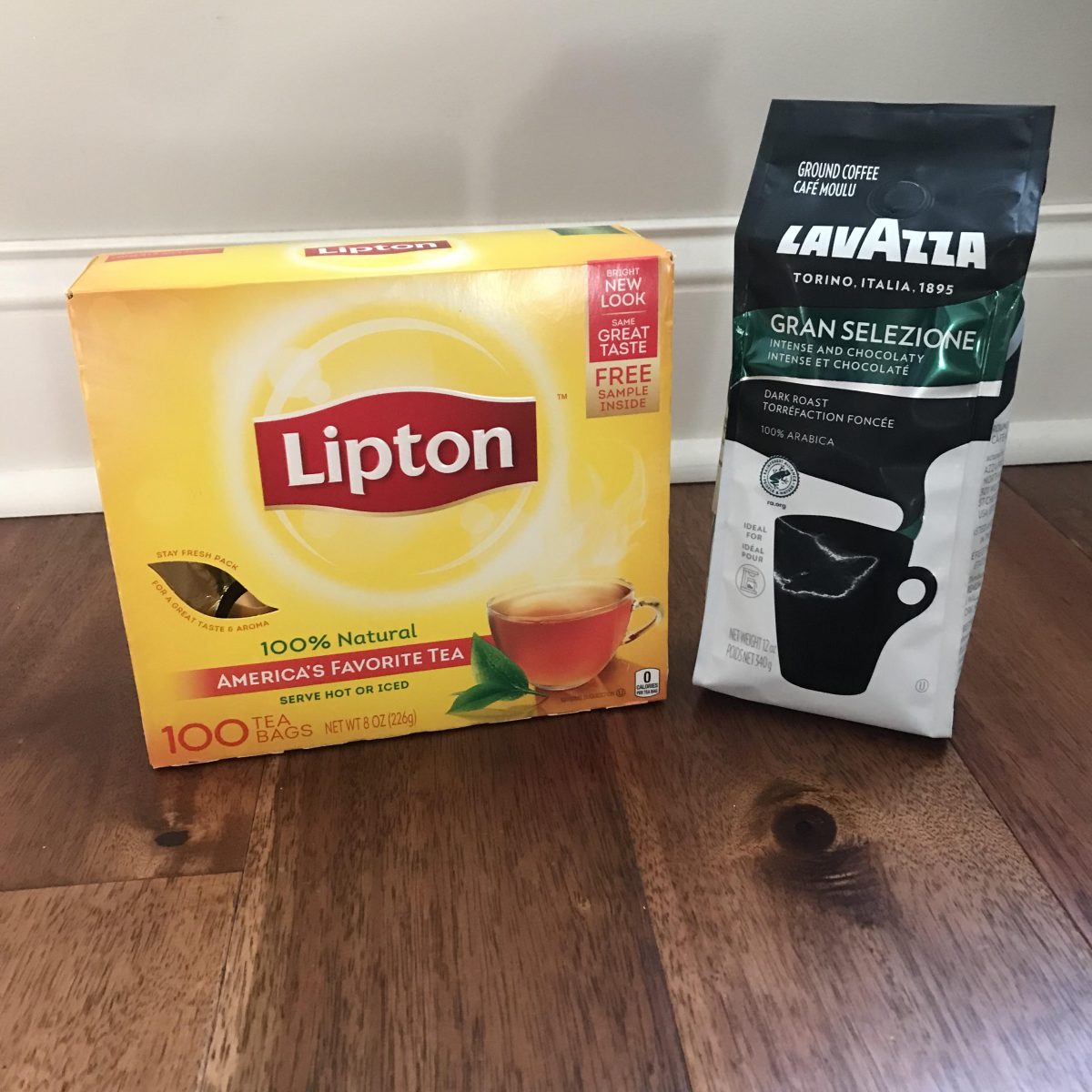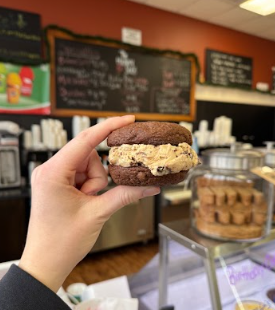Coffee is often the drink of choice for many people when it comes to waking up in the morning or simply when needing a bit of energy to stay awake. However, coffee poses more risks and has more negative effects than tea, not to mention the dent it puts in your wallet.
Some believe that coffee is better than tea for many different reasons. Many will choose coffee over tea because of the caffeine content and coffee’s ability to keep a person awake. Donna Dewey, a daily coffee drinker, expressed how she drinks coffee to start her day and make her stay alert. “I am dependent on coffee because, without the caffeine, I will fall asleep at my desk and be extra tired,” stated Dewey. Not only does coffee help people stay awake, but it also has benefits that people view as an extra perk when drinking coffee. Coffee has been found to improve memory function, mood, reaction time, and even an improved performance during exercise. Many studies have also found that coffee lowers the risk of developing type 2 diabetes and cancers such as liver and colorectal cancer.
Even though coffee provides benefits, tea has been proven to provide more benefits for one’s health than coffee. Different types of teas have different types of benefits. White teas, for example, are very effective in fighting different forms of cancer due to their high levels of antioxidants. Herbal teas can help lower cholesterol, improve blood pressure, and reduce stress and anxiety. Black and green teas are also beneficial due to their high levels of flavonoids, which can help improve immune function. Tea not only has more benefits than coffee but is also more versatile. Sis Maher Kinney, an avid tea drinker, stated how she likes tea over coffee because of the variety of flavors, taste, and relaxation benefits. She also expressed how tea can be consumed at any time of the day, depending on the tea you choose to drink. “During the day, I like black tea, but at night, I prefer a chamomile peppermint tea,” stated Kinney. Too much caffeine can have a negative effect on one’s sleep if consumed at night or even late in the day.
For reference, black teas usually contain 48 milligrams of caffeine per 8 ounces, whereas coffee contains around 95 milligrams of caffeine. The high levels of caffeine found in coffee can cause caffeine addiction. About 26% of coffee drinkers define themselves as addicted to the drink. Tea as a whole should be considered more often than coffee as it provides much more than just a quick pick me up in the morning. With tea, there are a multitude of different flavors for people to choose from, and it can also be more affordable for buyers. If someone has never tried tea or is used to a cup of coffee, give tea a try.
Sources:
https://www.fao.org/markets-and-trade/commodities/tea/es/
https://www.pennmedicine.org/updates/blogs/health-and-wellness/2019/december/health-benefits-of-tea
https://www.ncbi.nlm.nih.gov/pmc/articles/PMC4055352/
https://www.eatright.org/health/wellness/healthful-habits/the-health-benefits-of-tea
https://www.hopkinsmedicine.org/health/wellness-and-prevention/9-reasons-why-the-right-amount-of-coffee-is-good-for-you
https://health.clevelandclinic.org/the-health-benefits-of-coffee
https://www.ama-assn.org/delivering-care/public-health/what-doctors-wish-patients-knew-about-impact-caffeine





